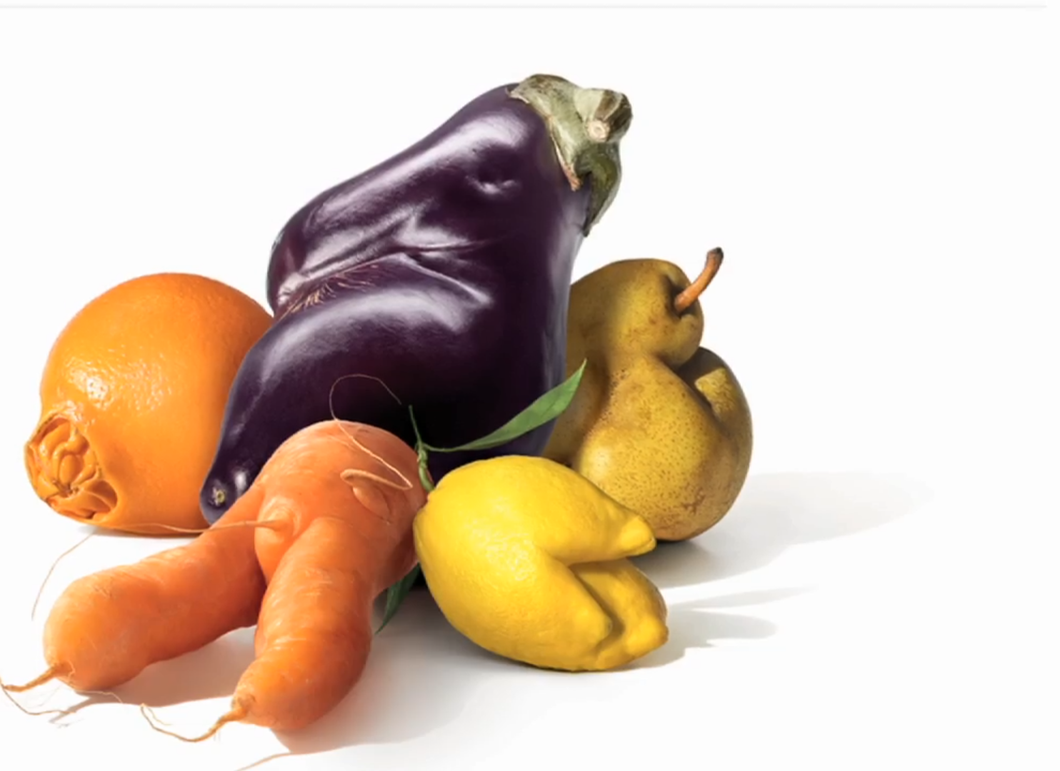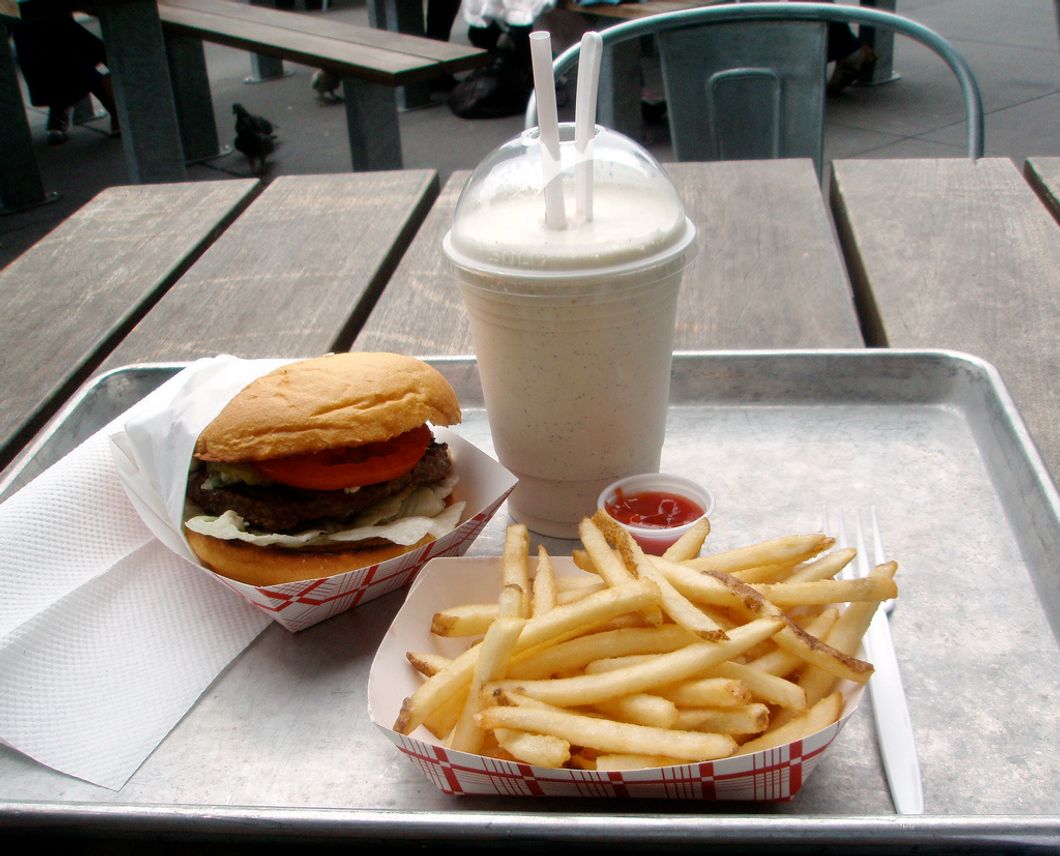When a semi-truck crashed on a Texas highway, spilling 40,000 pounds of avocados onto the road last December, millions of millennials hearts broke simultaneously. At this time, I was creating a piece for an experimental category at a speech and debate tournament, and I immediately wanted to use this as content. However, I had to think about what the bigger problem in this situation really is. While some may be mourning the loss of pounds and pounds of potential guacamole and avocado toast, this raises the question: With that many avocados only one truck, how could America possibly have a hunger problem? We import tons and tons of foods every day, how could there be no access to some citizens?
Our generation has never known a time where you can't find a basic food in the store, we are sufficiently entitled as a culture to believe we have access to any fruit and vegetable we need, regardless of the season. However, it isn't the availability of food that is the problem, it's the food insecurity. The United States Department of Agriculture defines food insecurity as a household-level economic and social condition of limited or uncertain access to adequate food. Many will assume that food insecurity is more common in rural areas, however, FeedingAmerica.org shows that big cities are more vulnerable to food insecurity, New York and Los Angeles having the largest food insecure populations. These cities have high costs of living, and this directly affects citizens food choices.
When a person is struggling financially, the first thing to go, most likely, is food. That's the least of their worries when they have bills to pay. These people often resort to unhealthy alternatives, such as Top Ramen. Buying fresh healthy foods from a local supermarket are certainly out of the picture. Why buy one organic avocado from a grocery store for $4.60 when you can buy Top Ramen which costs about 30 cents maximum? These people are choosing multiple meals over one food item, which is the logical choice for their situation. Oftentimes it is assumed these people receive benefits from the government so they have access to healthy foods, but this is not the case. Many food-insecure Americans aren't using, receiving the full benefits, or aren't eligible for government programs meant to combat hunger such as food stamps.
We are living in a time where we have access to fresh, and even exotic foods that other countries may not have access to. Yet so much is wasted. The Environmental Protection Agency states that today as much as 40 percent of food produced in America is thrown away, amounting to 31 million tons of food added to landfills each year. In fact, we even throw out foods not deemed "attractive" enough for grocery stores, such as bruised apples or oddly shaped carrots. Not only is throwing away food extremely wasteful and detrimental, but it also affects those that have no access initially to certain foods. If we can find a way to combat food waste by giving it away or discounting it for individuals in need, we could be solving America's hunger crisis. We can look to France as a prime example of solving their food epidemic. From harvest to sale, 40 percent of the production volume of French agriculture was being destroyed for not conforming to norms of fruit and veggie beauty. They decided something had to be done. This leads to collaboration with Intermarché, the third largest supermarket chain in France. This supermarket launched an initiative in March of 2014: selling these fruits and vegetables deemed "ugly" for a 30 percent reduced price.
The company itself explains on their website that they launched a massive global campaign to rehabilitate and glorify these so-called ugly foods, with print, billboards, TV, radio, PR, catalogs and social media platforms for people to realize that they were just as good as the others, Intermarché designed and distributed inglorious vegetables soups and inglorious fruit juices. According to Organic Authority, in the first two days, 2.1 tons of fruits and vegetables per store on average were sold. Consumers all over the country are demanding ugly, inglorious fruits and veggies after the success of this first campaign. In February of 2016, France declared it illegal for its supermarkets to throw out food that's nearing its expiration date and banned putting expiration dates on certain categories of goods, such as wine and vinegar. France is taking a lead in reducing food waste and hunger overall and increasing awareness of it on media.
By recognizing the issue, it can lead to a bigger conversation to start an initiative like this in America. We can also become leaders in food waste and insecurity awareness and combating it by proving it's what's on the inside that counts, even in the produce aisle. Those ugly avocados (at least, the ones that weren't up in flames) rolling down a Texas highway being accessible for a discounted price in stores could mean a solution in America's food insecurity epidemic.
Sources:
Foodispower.org
CBS News
Fox News

















